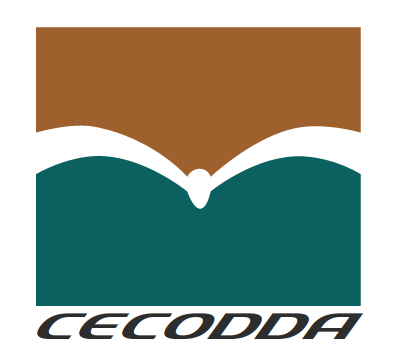The second Knowledge Sharing on Trade and Investment Good Practices
Posted on: February 12, 2020

The second Knowledge Sharing Event on Trade and Investment Good Practices was organised by the TradeCom II PMU on 4-5 February 2020, aimed at disseminating, as widely as possible, relevant “good practices” developed by TCII-supported programmes under the Programme Estimate 2, the Rapid Response Facility and the Grant Component. The Knowledge Sharing Event was attended by a total of 110 participants mostly representing the beneficiary ACP Countries and Regional Economics Communities (RECs).
In his opening key-note address, H.E. Dr. Patrick I. Gomes (Secretary-General of ACP Group) insisted on the role of the ACP Secretariat in building and sharing knowledge across the TradeCom II Programme. Uncertainties in the multilateral trade system demand solid knowledge and require stronger capacities to innovate and enhance knowledge on global trade issues and and to deal with the difficulties emerging from the demographic dividends, such as the youths who leave their countries in search of better opportunities. This calls for reinforcing production and trading capacities in the ACP countries to also benefit the youth.
Ms Carla Montesi, Director at EC DEVCO (Dir. C - Planet and Prosperity) highlighted the constructive approach to the event and considered this event as an opportunity to identify good practices that can be scaled up, including an analysis of their impact on trade.
Five clusters of “good practice” cases were proposed for the second round of knowledge sharing from the 16 programmes implemented by the TradeCom II Programme under the Programme Estimate 2, 52 RRF Projects and the 7 Actions under the Grant Component. These good practice cases were built around the following targeted clusters:
- Trade Policy and Regulation
- The EPA and WTO Processes
- Custom Matters
- Quality Infrastructure and Standards
- Trade and Investment (The European Investment Plan; Private sector competitiveness).
Under the first cluster “Trade Policy and Regulation”, representatives from DG TRADE and beneficiaries such as WAEMU, OECS, COMESA and REPOA considered successes of national and regional trade policies in sustaining trade expansion and overcoming trade obstacles, and deliberated on replicable good practices and new needs / challenges going forward.
Representatives from DG TRADE, Cameroon, CROSQ, Ivory Coast, Comoros, Djibouti, UNECA, in the Cluster 2 “The EPA and WTO Processes”, demonstrated EPA implementation good practices and lessons learnt that can be disseminated at national and regional levels; and progress in attaining common negotiation positions at the WTO.
The Cluster 3 “Custom Matters”, with the contribution of beneficiaries from Kenya, Solomon Islands and representatives of DG Trade, FAIMM, UNECA, considered demonstrable successes in increasing efficiency and reducing transaction costs associated with the movement of goods across borders, the good practice cases for replication, and new needs going forward.
Under Cluster 4 were considered demonstrable regional and national quality infrastructure good practice cases in support of export competitiveness presented by representatives of CROSQ, ARSO, OAPI and beneficiaries such as Mozambique, Guyana and Mauritania.
In the cluster 5 “Trade and Competitiveness”, presentations of representatives of European Commission, ACP Secretariat, Papua New Guinea, DG Trade, RMCE, GSA, Mauritius, Botswana, Zimbabwe, Repoa, Trapca focused on the European External Investment Plan (EIP) as a tool to contribute to sustainable development, improve the investment climate, tackle roots of migration, encourage private investment and focus on jobs and growth. The aim of EIP is to go beyond classical development assistance and rather use the financial means to influence other streams available to achieve the SDGs.
Furthermore, the discussions of this session considered innovative approaches towards supporting the private sector competitiveness, identifying the good practices and the measurement of their success thus far, and new needs going forward.
The two-days seminar was closed with a presentation of the TCII Team Leader, Ahmed Ndyeshobola, on the recommendations on the way forward for the TCII Programme and the statements of Antti KARHUNEN, Head of Unit, Private Sector Development, Trade, Regional Integration and Viwanou GNASSOUNOU, Assistant Secretary-General, Sustainable Economic Development and Trade Department.
The Event was thought by all the participants to have been a great success in terms of participation and quality of discussions and demonstration of good practice experiences from the national and regional programmes supported by the TCII Programme.




